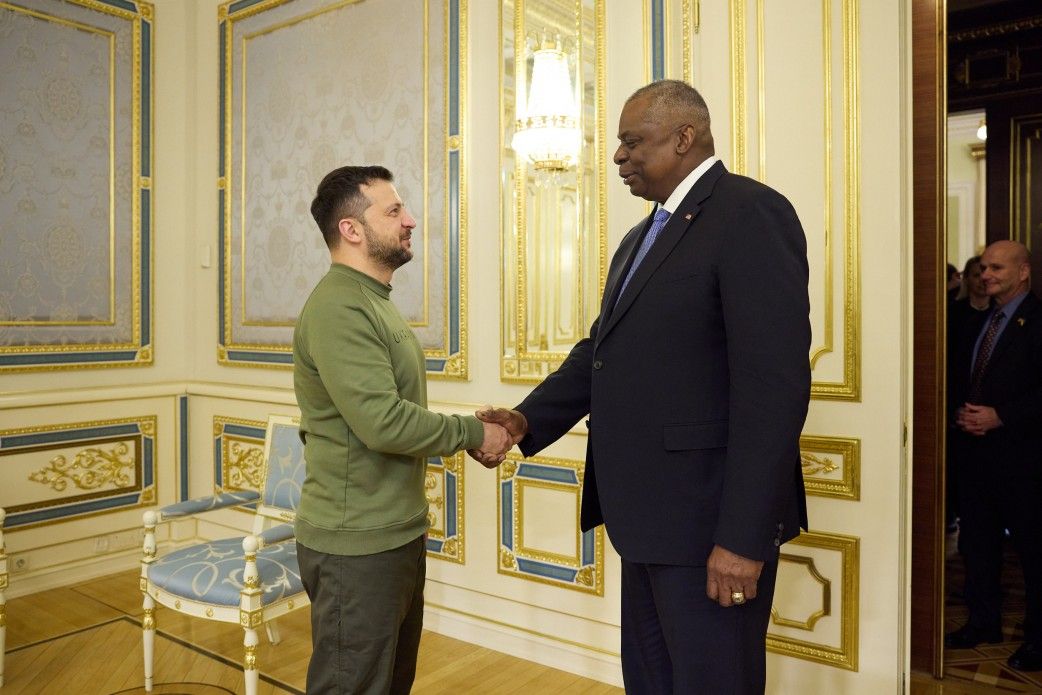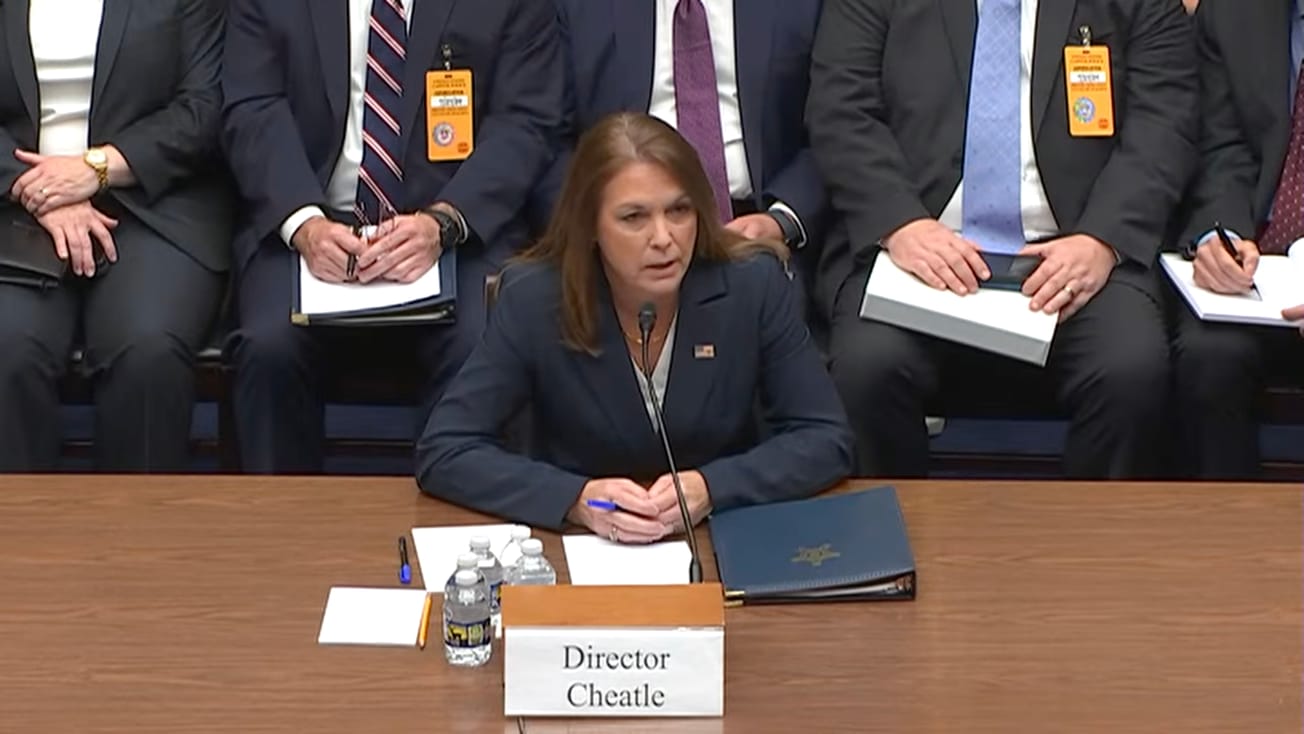This week started with diplomatic initiatives on three parallel tracks, committed to ending the atrocities in Gaza, and more generally, to uprooting the causes for that and for the deadly conflict in Ukraine. Heads of state and government of the BRICS nations will have an online emergency meeting tomorrow, called by South African President Cyril Ramaphosa today. A delegation from the Arab and Muslim nations visited China today, and is now headed for a meeting in Moscow on Nov. 21, on a mission to see leaders of the permanent members of the UN Security Council to demand that the major nations intervene to stop the murder in Gaza. At the United Nations Security Council today, at the initiative of China, which holds the presidency of the Security Council for November, a special UNSC session was held to address the topic of peace through development.
With these multinational and institutional networks in motion, the value is clear of the collaborational conferences and interventions underway by the Schiller Institute to address the principles and economics of humanity-serving international relations. In other words, to address the “Ten Principles of a New International Security and Development Architecture,” as Schiller Institute founder and leader Helga Zepp-LaRouche proposed one year ago on Nov. 22, 2022.
On Dec. 9-10, 2023, there will be such an online international event hosted by the Central America-based group of scholars, the Conference of Central American and Caribbean Critical Thought (CPCCC). It is titled, “A New International Security and Development Based Architecture.”
On Nov. 6-8 in Kabul, a Schiller Institute delegation participated in the economic development conference sponsored by the Ibn Sina Research and Development Center, titled, “Operation Ibn Sina: Toward an Economic Miracle in Afghanistan.” Yesterday, Il Fatto Quotidiano, Italy’s seventh largest daily, covered the Kabul event in an article on Afghanistan by its correspondent Stefano Citati, who went to Kabul and attended the conference personally.
This week’s Nov. 26 emergency forum (on Zoom) is of world importance. At 11 a.m. EST, International Peace Coalition members Helga Zepp-LaRouche, founder of the Schiller Institute, and Ray McGovern, former CIA analyst and co-founder of the Veteran Intelligence Professionals for Sanity (VIPS), will present an alternative to madness, and call on the world to make a shift towards sanity, from the brink of annihilation. Following their presentations and discussion, the film, “8:15 Hiroshima: From Father to Daughter,” directed by J.R. Heffelfinger, and written and produced by Dr. Akiko Mikamo, will be shown. It is a first-hand account of the U.S. forces’ atomic bombing of Hiroshima City. Dr. Mikamo will be available for discussion at the film’s conclusion.
The danger is escalating, from Southwest Asia, from the Ukraine front in Europe, and generally from Global NATO, that conflict, killing, and militarization will turn into all-out war and nuclear conflagration.
Today U.S. Secretary of Defense Lloyd Austin flew into Kiev to pledge never-ending support to Ukraine. This is the deadly Old World Order in action, presuming they can do whatever they choose, no matter what the American Majority, or the Global Majority, may think and want to happen. Austin will continue on in Europe to attend another Ukraine Contact Group meeting for more group pledges for arms to Ukraine, which means more death and destruction, as they know.
In the U.S. the scramble is on in Washington, D.C., for the military-industrial complex to corral Congressional approval for the $106 billion President Biden seeks for funding his multiplex of arms for Ukraine, for Israel, for U.S. border forces, and for the Pacific front. There was no Congressional authorization for the $106 billion in the Federal budget extension into January/February of 2024, so a push is on to stampede Congress to comply during the holiday interim between Thanksgiving and Christmas.
In Gaza the horrors continue. One exemplification is that in the last 24 hours, Israeli tanks and forces surrounded the Indonesian Hospital, the largest such facility in northern Gaza. Twelve people died inside the hospital after IDF shelling. This hospital, opened in 2016, was a gift from the people of Indonesia, and is staffed by both Indonesian medical volunteers and by Palestinians. Now it is an Israeli death target. There is nowhere safe at all in the Gaza Strip. The latest official death tally is 13,360.
South Africa’s President Ramaphosa said today that in addition to the BRICS members, he encourages statements tomorrow on the Gaza crisis from the newly invited BRICS members—Egypt, Ethiopia, Iran, United Arab Emirates, Saudi Arabia and Argentina, and a joint statement is in the works.
In Beijing today, Foreign Minister Wang Yi met with government officials from a delegation of foreign ministers from major Arab and Muslim nations: Saudi Arabia, Egypt, Indonesia, Jordan, and Palestine, and the Secretary General of the Organization of Islamic Cooperation. The focus was action for an immediate ceasefire and life-saving relief for the Palestinians.
Today at a four-hour special meeting of the UN Security Council, titled, “Maintenance of International Peace and Security: Promote Sustainable Peace Through Common Development,” briefings were given by guest experts invited by China: Dilma Rousseff, President of the New Development Bank; Jeffrey Sachs, President of the UN Sustainable Development Solutions Network, who has been speaking out against warfare; and by UN Secretary General António Guterres.
Russian UN Ambassador Vassily Nebenzia gave a powerful presentation, saying that poor nations must be provided the resources to “part with colonial economic models and embark on an independent path of development,” noting that, “It does not take being an expert in economics to understand that.” He pointed to how “security mechanisms” are working in certain parts of the planet, where there is a commitment to development. Look at Eurasia—where associations are leveraging their relations for economic benefit, “such as the Union State of Russia and Belarus, the CSTO, the EAEU, the CIS, the SCO, ASEAN and the GCC. We note the constructive and extensive potential of Beijing’s Belt and Road Initiative.” They are acting together “to contribute to the formation of the Greater Eurasian Partnership.” Russia’s policy regarding dangerous hot spots is to work to supply industrialization, agriculture advancement, energy—especially nuclear energy.
The special challenge before the world is to shift the United States back to its founding principles, and the practices coherent with “peace through development,” which were once known as the American System.
Be sure to register for the Nov. 26 event, “No More War Crimes! Economic Development, Not Depopulation!” at the Zoom link.









